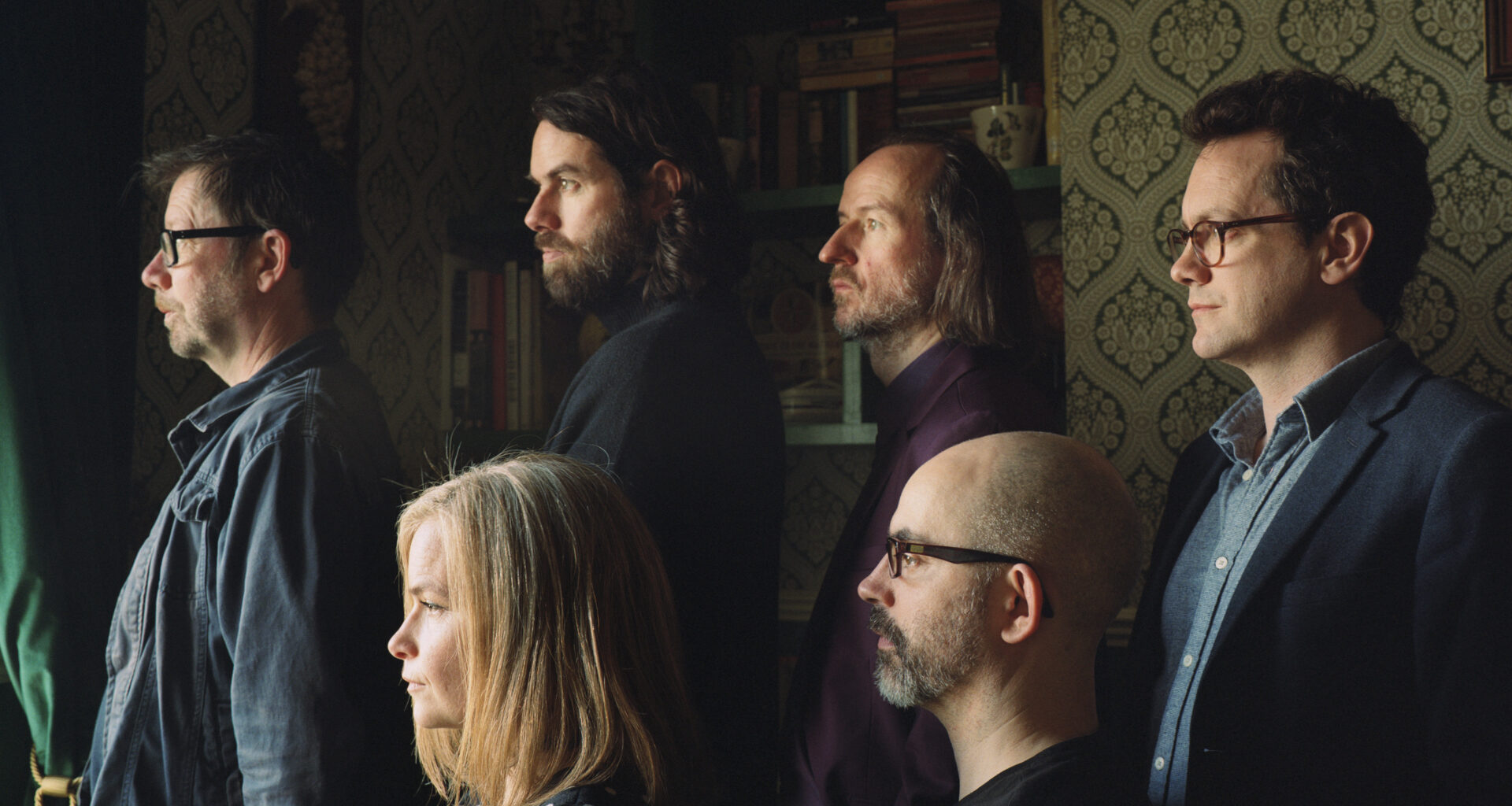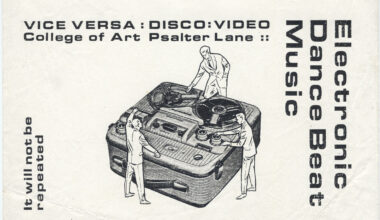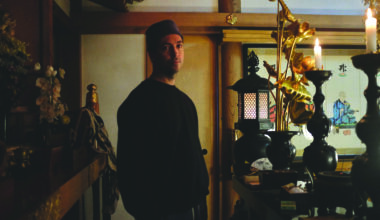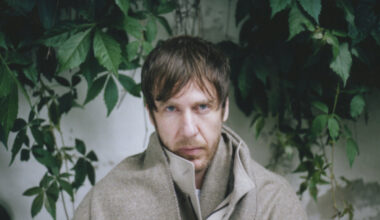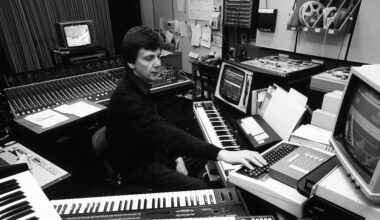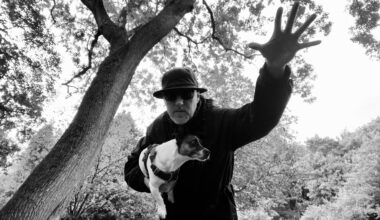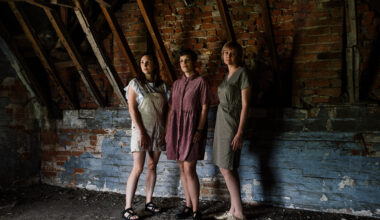With ‘Dead Club’, Tunng have been on a journey that’s taken them beyond the album, beyond music, beyond life itself. Sam Genders and Becky Jacobs explain why they’re tackling death head on
Want to read more?
Sign up to Electronic Sound Premium to gain access to every post, video, special offers, and more. 100%, all you can eat, no commitment, cancel any time.
Already a premium member? Log in here
